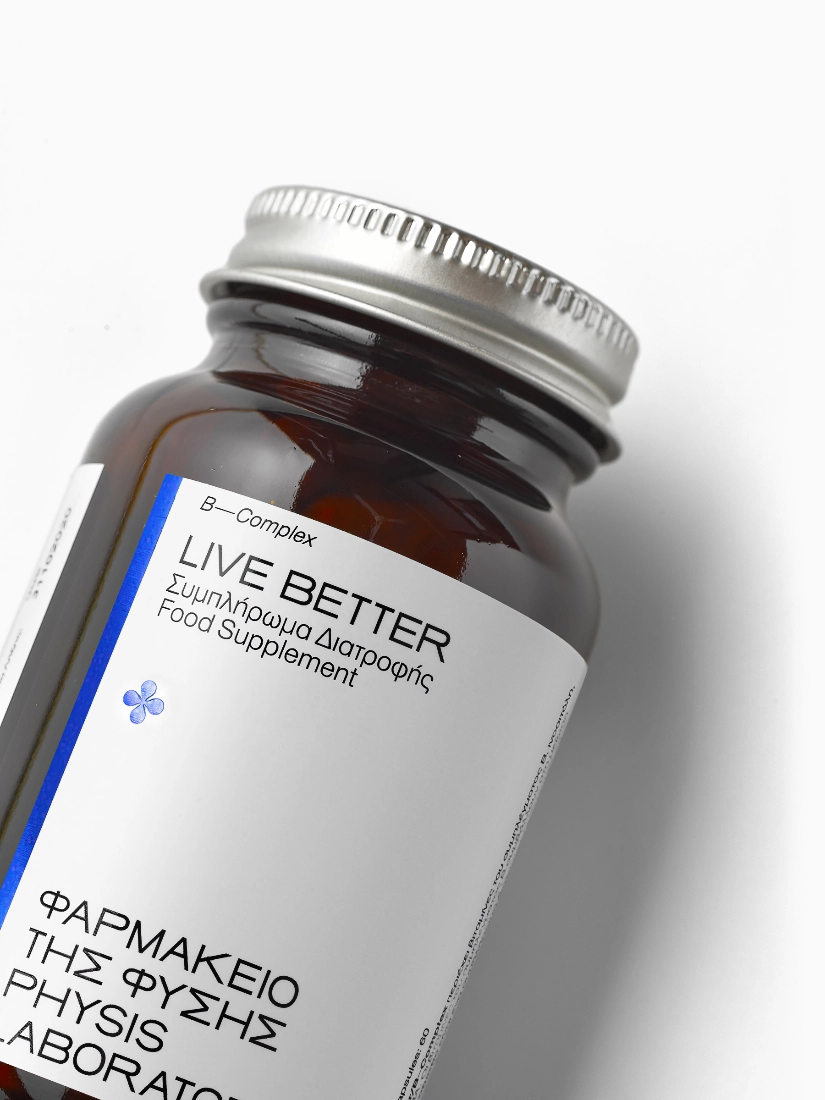Days
Hours
Minutes

Available on backorder
Available on backorder
€ 212,00 Original price was: € 212,00.€ 159,00Current price is: € 159,00.
€ 212,00 Original price was: € 212,00.€ 159,00Current price is: € 159,00.
€ 212,00 Original price was: € 212,00.€ 159,00Current price is: € 159,00.
€ 212,00 Original price was: € 212,00.€ 159,00Current price is: € 159,00.
€ 102,30 Original price was: € 102,30.€ 76,72Current price is: € 76,72.
€ 102,30 Original price was: € 102,30.€ 76,72Current price is: € 76,72.
€ 102,30 Original price was: € 102,30.€ 76,72Current price is: € 76,72.
€ 102,30 Original price was: € 102,30.€ 76,72Current price is: € 76,72.